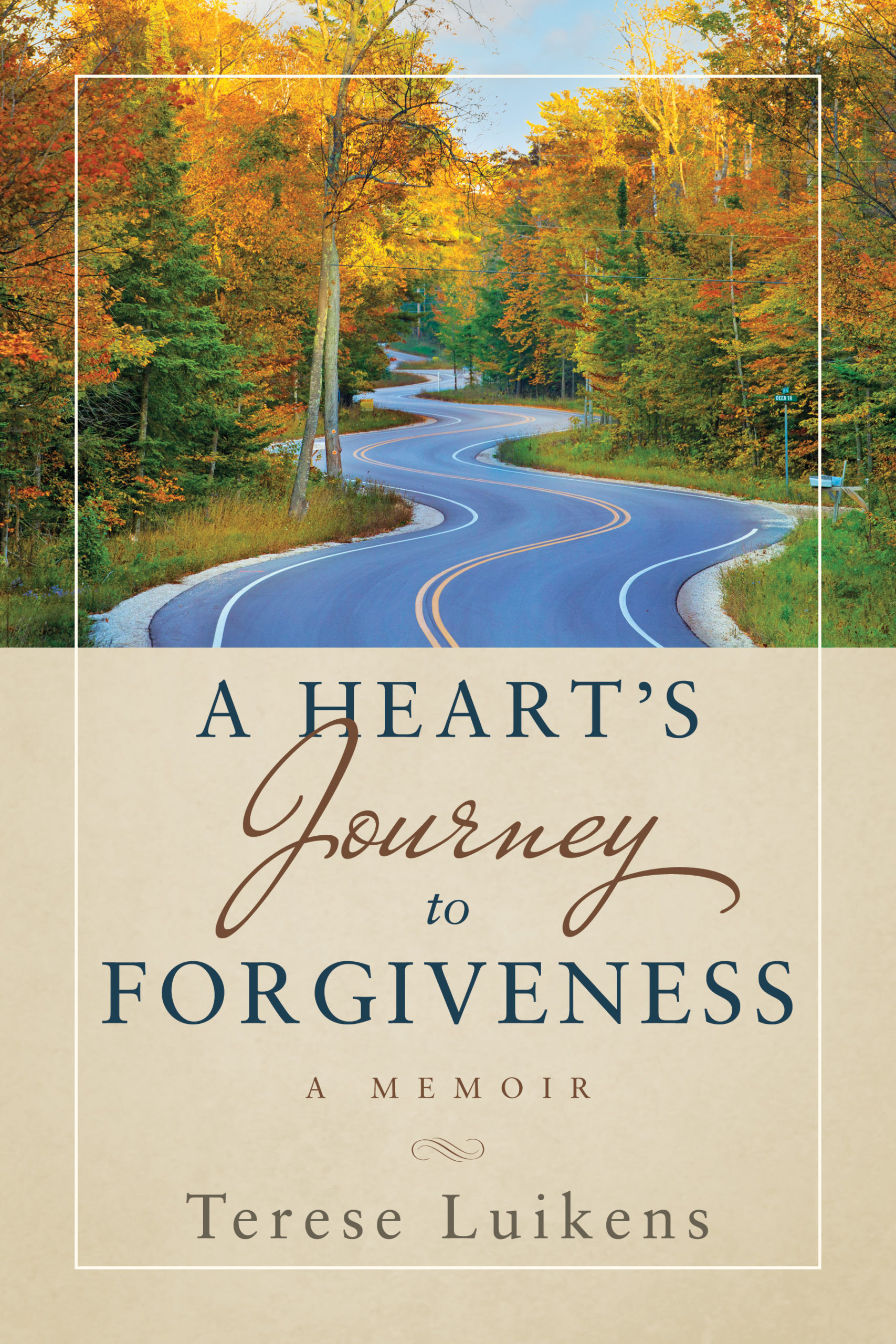
Why Bother Understanding Your Perspective?
Although my siblings and I all shared the same tragedy, our dad’s suicide, none of us necessarily share the same perspective of the different events that make up the story. I was reminded of that just the other day when conversing with one of my sisters.
A Lie is a Lie
In 1972, when our dad ended his life, my brothers and sisters and I ranged in age from ten to twenty-three years of age. There was no question that Dad was dead, but how he’d died was the question. The truth of his death, that he’d ended his own life, was related by Mom only to the oldest sibling, my brother. The rest of us heard from Mom that Dad’s heart had stopped. For me, it was paramount that I know the truth because I knew Mom had lied.
A few days after Dad’s death, when I was alone with one of my older sisters, I asked her to tell me the “real story” behind Dad’s death. She told me what she’d heard from my oldest brother; Dad had hung himself at the hospital where he’d gone to “get well.”
I’ve often wondered how my relationship with my mom would have been different if she’d been truthful with me, if she’d told me the raw facts of my dad’s death. As one of my sisters stated to me, “The image you had of Mom when she told you that Dad’s heart stopped was pretty negative. She was only trying to protect us.”
I agreed with her. But, when Dad died, I was a kid. Naturally, my perspective was that of a thirteen-year-old kid. I’d been taught that lying was a sin, and the wrong thing to do. Telling the truth was the right thing to do. When Mom answered my question, “How did he die?” She’d told me that his heart just stopped. She failed to tell me how his heart had stopped and I counted her omission of the truth as a lie.
Years later, after I’d grown up, my perspective of Mom changed. I thought that perhaps she’d chosen to withhold the facts from me because she had no idea how to emotionally process her husband’s suicide which left her more helpless than helpful. But, I’ll never know why she’d lied for sure. She never talked about Dad’s death with me. Instead, his death became a mute point between us. I count our lack of honest communication as a loss. But that is just my perspective.
But, because my mom had not told me the truth, my perspective of her was tainted with lots of anger from the time I was thirteen until my late forties when I’d processed my grief and disappointment long enough to know that I needed to forgive her.
Perspective is how we see things from where we are and not necessarily as they are. But neither does our point of view have to remain the same. It can be changed, as was mine, if we see the need to change it.
My vision of my mother as a liar was that of a child. Growing into an adult, and becoming a mother myself, my perspective of Mom was altered.
Why bother understanding your perspective? First, we have to understand our own perspective. If we don’t know our point of view, we won’t know where we stand. And if we don’t know where we stand, we won’t know if we need to alter our stance for a different view.
New Release
